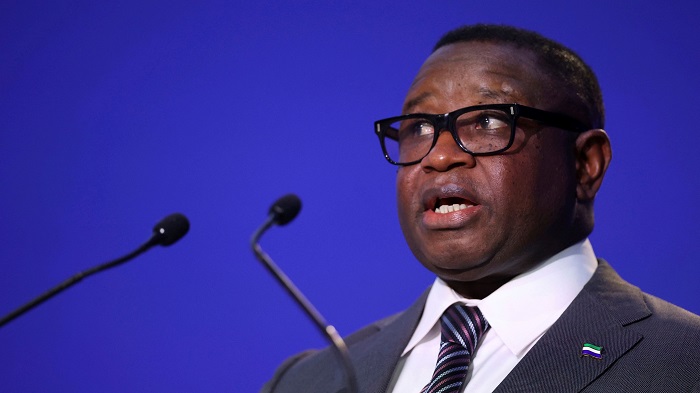The government of Sierra Leone and other countries in West Africa have been advised to adopt fiscal initiatives that prioritize growth while ensuring debt remains sustainable.
This is contained in the West Africa Economic Outlook 2023, an annual report by African Development Bank.
The report indicates that the region’s fiscal deficit, in terms of GDP percentage, is anticipated to decrease. It is projected to be at 5.1% in 2023 and 4.9% in 2024, a drop from the estimated 5.6% in 2022.
As outlined in the African Development Bank (AfDB) Outlook, these rates surpass the continental norms of 4.1% and 3.8% for 2023 and 2024, respectively. Every country in the region, except Guinea, is predicted to see a decline in its fiscal deficit.
This fiscal advancement is credited by the AfDB to factors like augmented revenue streams due to increased economic activities, the phased-out subsidies on fuel and food introduced during crises like the Covid-19 pandemic and the situation in Ukraine, and the adoption of growth-focused financial consolidation initiatives.
Despite the evident need for funds to bolster economic recovery, the Outlook notes that certain nations will likely face fiscal constraints in the coming years. This issue is especially evident in Ghana, Sierra Leone, The Gambia, and Guinea, where widening debt sustainability gaps are apparent.
The Outlook points out that the situation becomes increasingly challenging for countries with restricted market accessibility, such as Ghana. They are advised to adopt fiscal initiatives that prioritize growth while ensuring debt remains sustainable. Moreover, these countries are urged to actively undertake debt restructuring to increase their fiscal agility. Past instances have shown that handling debt post-default can result in unfavorable economic outcomes.
On the other hand, countries with better fiscal leeway, identified as having a medium risk regarding debt distress, are advised to deftly balance between fostering economic growth and managing sustainable debt levels.



 Post a comment
Post a comment








